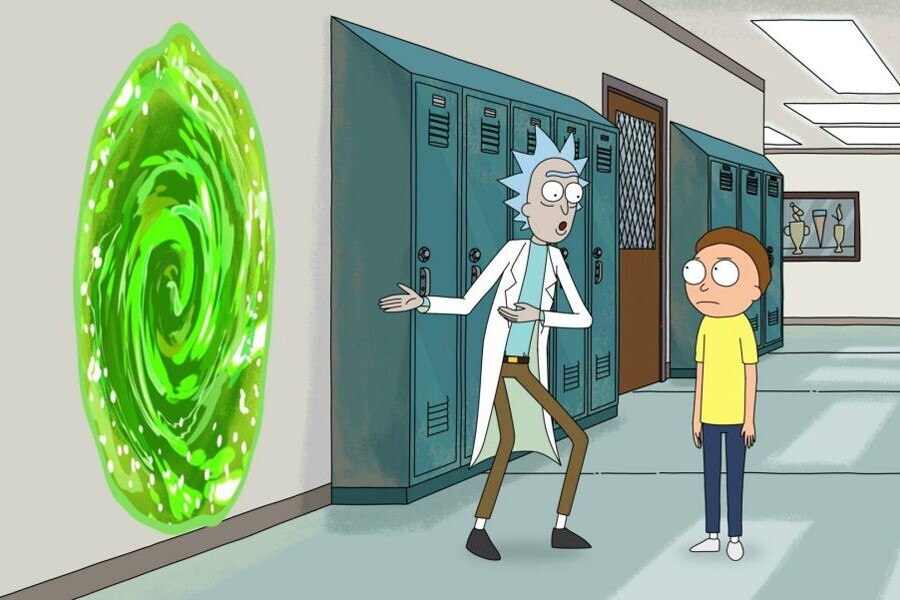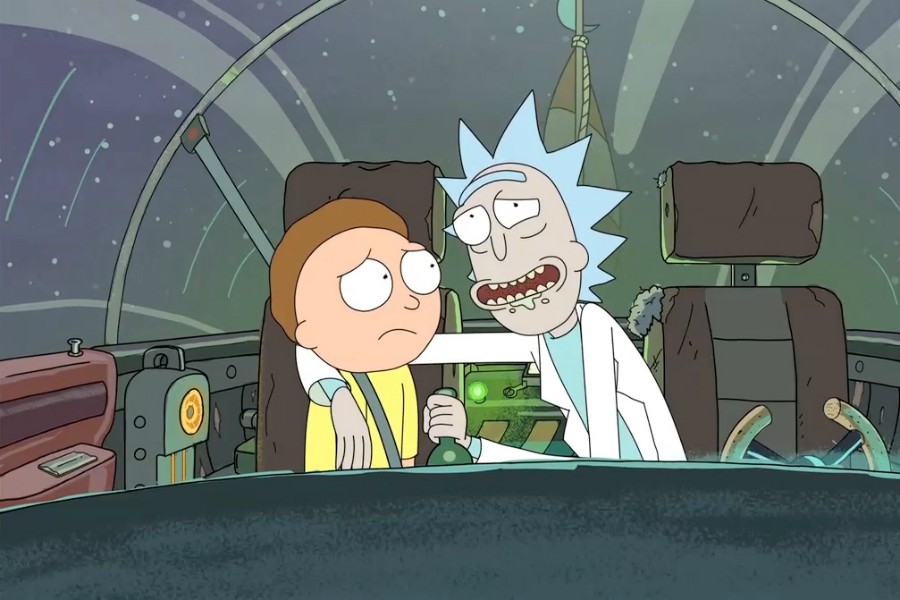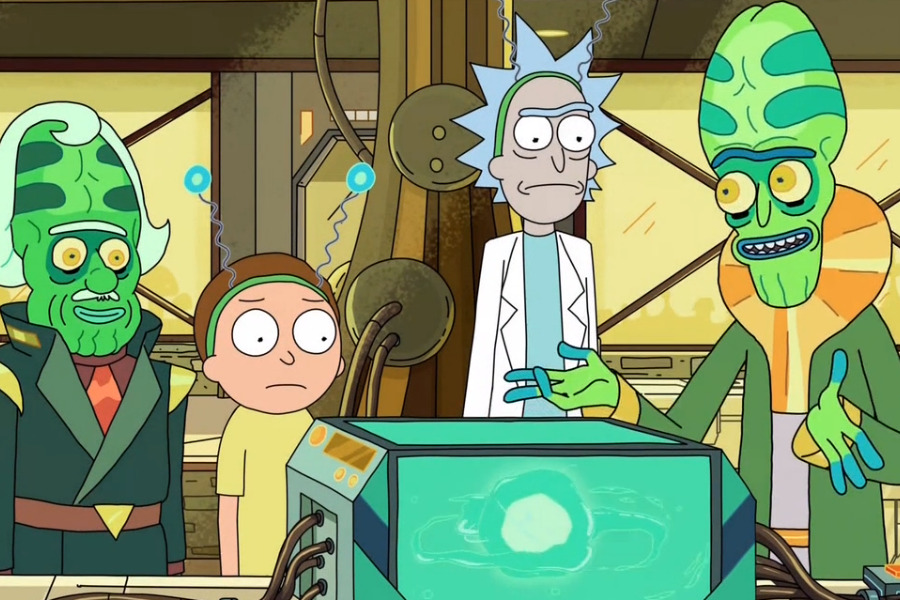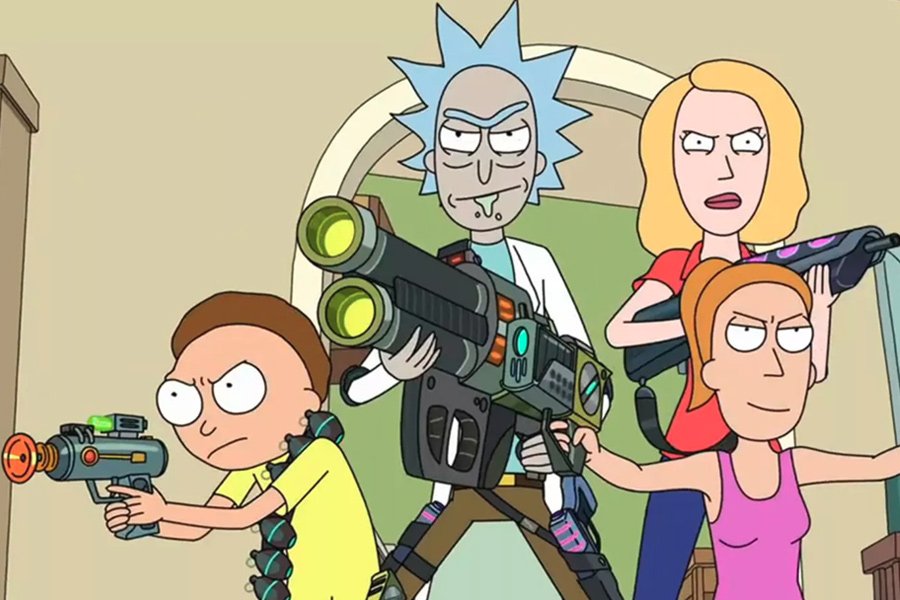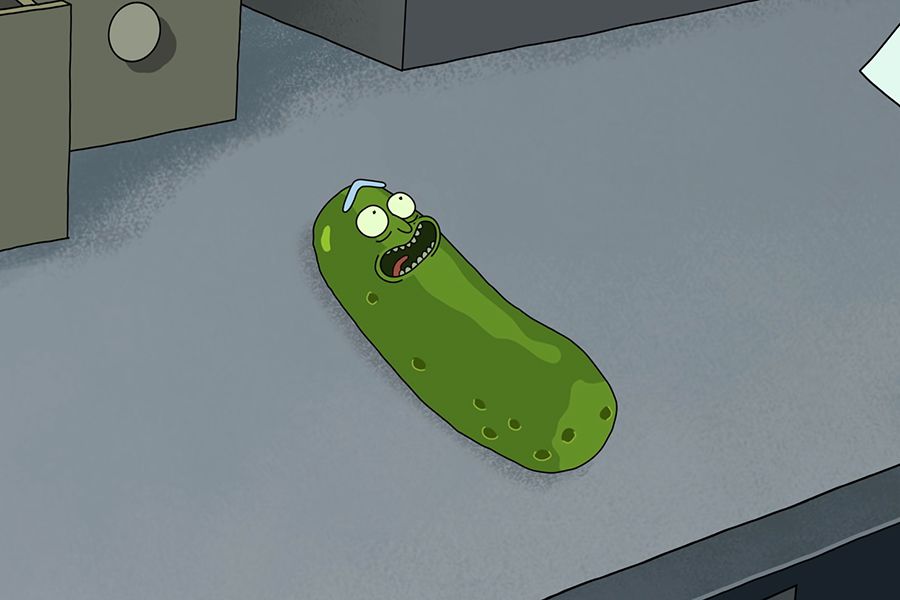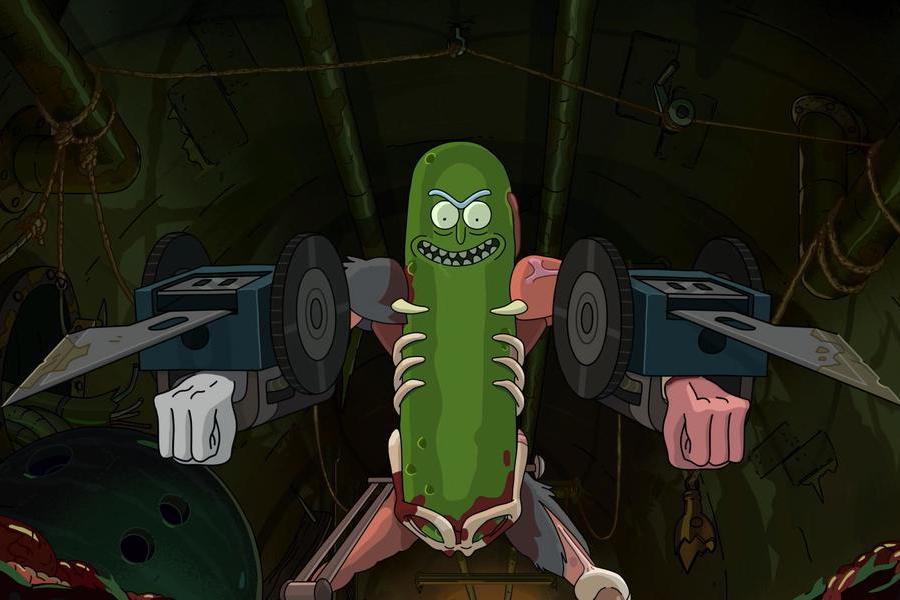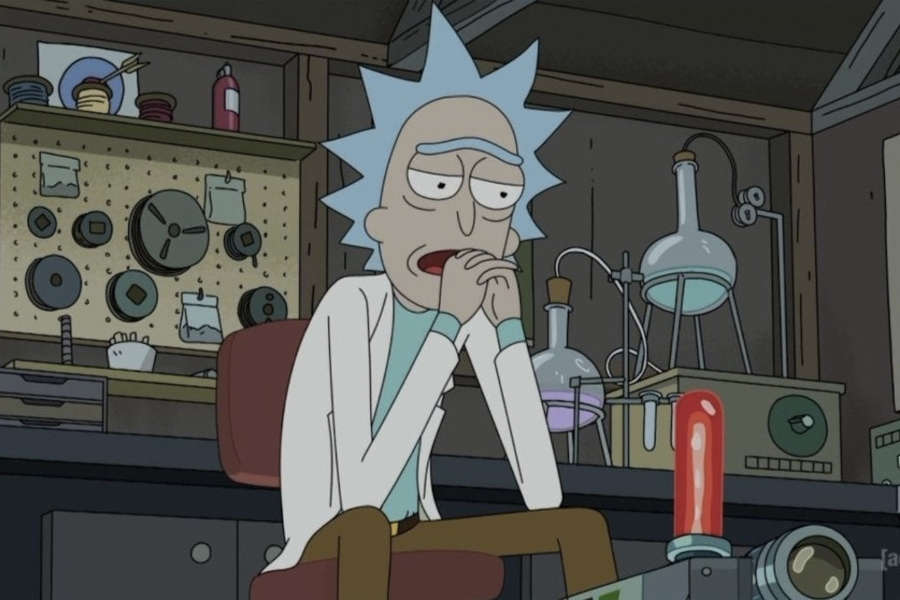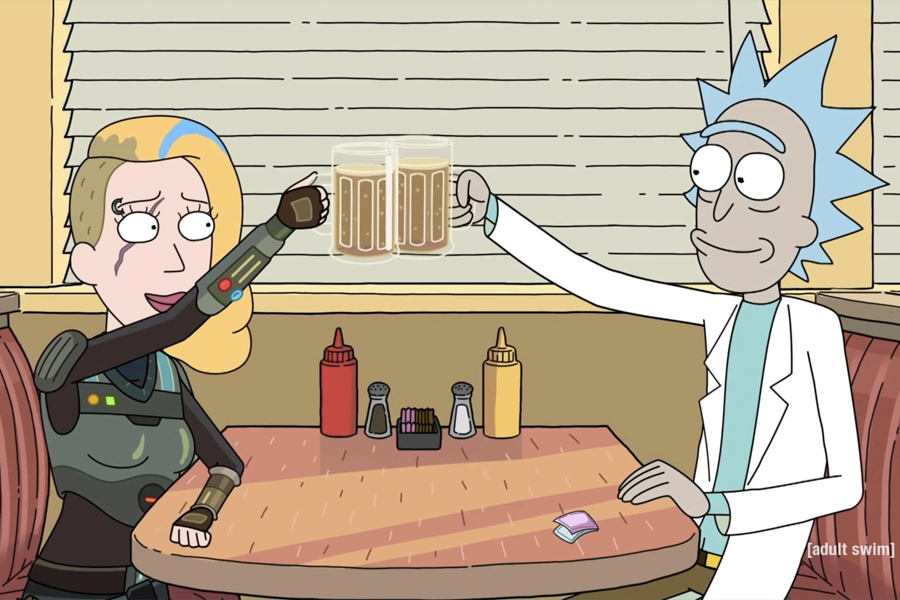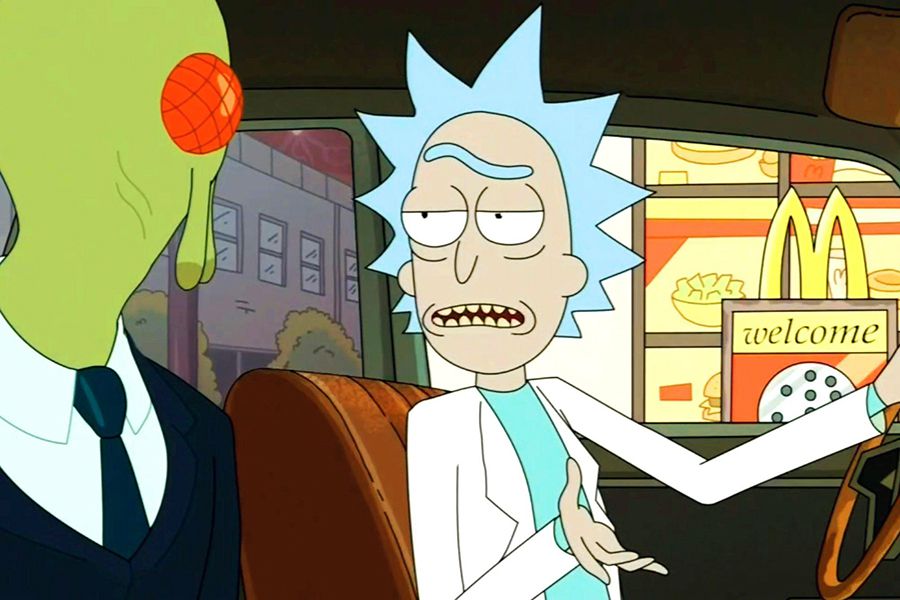Philosophy of the show
Drawing inspiration from the science fiction horror pioneered by H.P. Lovecraft and based on a philosophical school of thought called Absurdism, “Rick and Morty” explores the conflict between the human tendency to seek meaning in life and the subsequent inability to find any. Sharing a common theoretical basis with existentialism and nihilism, the absurdity that unfolds in each episode is based on the idea that its characters are relentlessly caught up in a dichotomy with meaningless, illogical situations and actual life. This is evident in the differences between Rick—who seems to be on a constant search for the meaning of life—and Jerry, who, because of his own blissful stupidity, is perfectly content with ignorance and toiling away at the mediocrity of his own life.
Episode "Rick Potion #9"is an excellent example of how characters struggle between seeking the meaning of life and the knowledge that there is no point in living anyway. When Morty develops a crush on a girl at school, he employs the help of his grandfather to provide him a love serum to his love interest requite his affection. In a series of absurd events that occur after Rick attempts to administer the serum to her—and subsequently provide an antidote—the world’s population is quickly turned into horrible mutated mantis-people who want to eat Morty.
Soon, Rick realizes that the situation has reached a point beyond repair. Rather than create another antidote, he finds another dimension in which two specific things have occurred: alternate versions of themselves have created a working antidote, but they have also died after discovering the antidote. Rick and Morty enter this new dimension, bury the bodies of their own selves in the backyard and slip right back into a new version of the same reality—with no one else noticing the insanity that has just occurred. Morty is horrified at the sight of his own disfigured corpse and the task of burying it as if nothing has happened.His frantic concern is addressed by Rick in the simplest of ways:
Morty: “But what about the reality we’ve left behind?”
Rick: “The answer is, “Don’t think about it.”
This is one of the most important lines in all of the show. Don’t think about the possibilities that may occur in other universes, don’t think about the death of your other self—just accept that it happened and resume your life in the next dimension. In the vein of absurdism and the conflict between Rick’s active and passive nihilistic perspective, it is best to embrace the pointlessness of life and move on from it.
